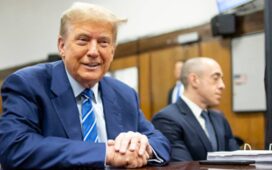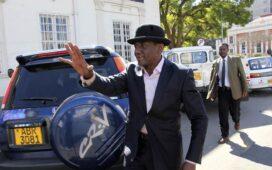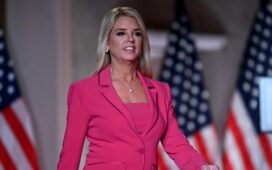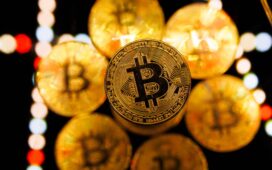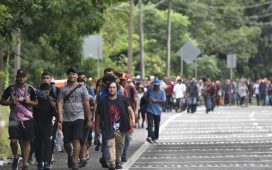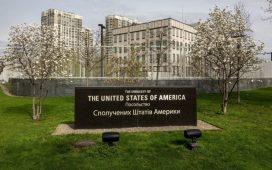The Chinese Communist Party has stepped up a war of words against the U.S., airing direct accusations that Washington engaged in biological warfare against China.
An Aug. 27 essay that circulated online in both the official Xinhua news agency and the state-controlled People’s Daily newspaper is being viewed by some analysts as a sign China could soon return to the Cultural Revolution of the late 1960s, when bands of Red Guard zealots upended the ruling Communist Party in the world’s most populous state.
The essay by Chinese blogger Li Guangman, a pseudonym, appeared under the headline “Everyone can feel that a profound change is underway.” It warned of a new revolution against alleged capitalist excesses and one key passage included warlike rhetoric that had been avoided in the past in state-controlled propaganda.
“China is currently facing an increasingly grave and complex international environment,” wrote Mr. Li, who is based in Hubei province in central China. “The United States is implementing increasingly severe military threats, economic and technological blockades, financial strikes, political and diplomatic siege against China, and is launching biological warfare, cyber warfare, and information warfare against China.”
The State Department Global Engagement Center, which is in charge of countering foreign disinformation, did not return an email seeking comment on the article.
China‘s government, in what critics say is a bid to deflect blame over its handling of the COVID-19 pandemic, has been conducting aggressive disinformation operations alleging that the virus behind the pandemic was manufactured in the U.S. Army’s Fort Detrick, Md. biological research laboratory.
Mr. Li also said the United States was engaged in subversion using “fifth column” infiltrators to conduct a “color revolution.”
Unless the government and party act against American capitalists, “we will fall down of our own volition before our enemy starts punching us, just like the Soviet Union back then, letting the country collapse, letting the country’s wealth be looted, and letting the people fall into serious disaster.”
Mr. Li then stated that “profound changes” undertaken by President Xi Jinping are part of efforts to respond to “barbaric and ferocious attacks that the United States has begun to launch against China.”
The essay went viral on Chinese social media sparking comments that a new Cultural Revolution may be in the offing.
The 10-year “Great Proletarian Cultural Revolution” begun in 1966 was meant by Mao Zedong to purge capitalist elements from within the Communist Party. The revolution set back China‘s development until Mao’s death in 1976 and the emergence of Deng Xiaoping, who launched the period of economic reform that began China‘s rise.
China‘s government is currently engaged in a crackdown on the entertainment industry and online gaming and fan clubs. Wealthy Chinese tycoons and their businesses also are under attack.
Posts and news on a Chinese movie star, Zhao Wei, also disappeared from video and social media platforms, and an actress was forced to $46 million fine for tax evasion.
Re-publication of the article by Xinhua and People’s Daily suggests the piece had high-level government support in Beijing. In the past, Chinese state media avoided directly attacking the United States or making such sensational claims.
The spread of Mr. Li‘s article prompted official censors in China to attempt to play down its impact, directing state media to balance the inflammatory article with “milder content,” the South China Morning Post reported. Hu Xijin, the editor-in-chief of Global Times, China‘s most vehement anti-U.S. outlet, wrote last week that said the article “offered inaccurate descriptions of the situation, used some exaggerated language, deviating from the country’s key policies, and has misled people.”
Mr. Hu wrote on Weibo, China‘s version of Twitter, that Mr. Li‘s piece was “a serious misjudgment and is misleading.”
Mr. Hu also said Mr. Li had evoked “certain historical memories and potentially triggering ideological confusion and panic” — an apparent reference to the Cultural Revolution.
According to the South China Morning Post, the articles by both Mr. Li and Mr. Hu were not censored. However, the Global Times editors’ comments were restricted on Weibo, a sign that Chinese officials want to limit debate but favor the hardline piece by Mr. Li.


